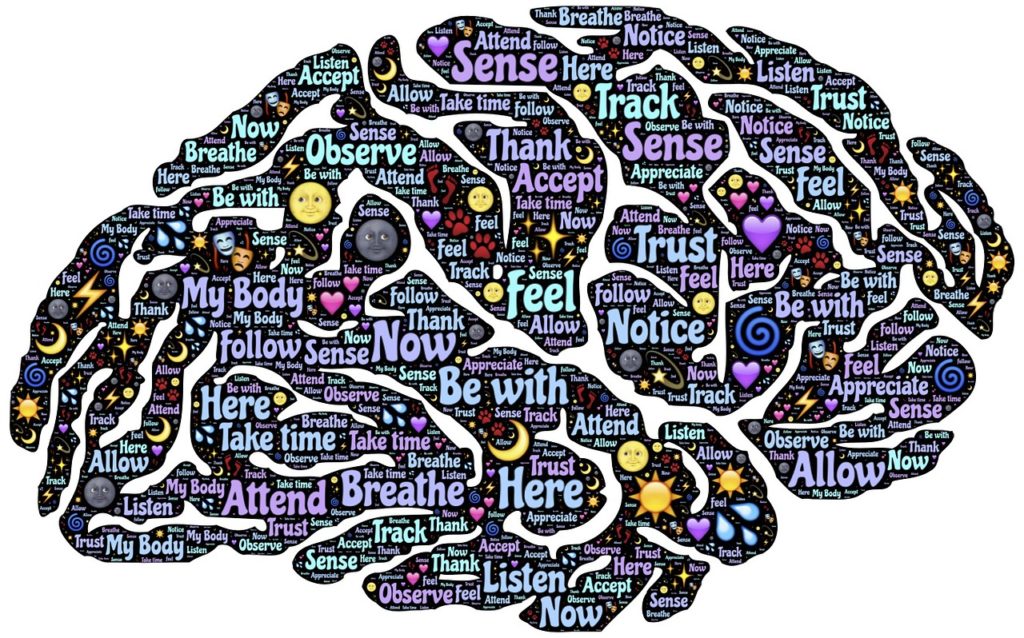Ignorance is the cognitive condition [1] of being unaware of, or simply “not knowing.” And this can often contribute to misunderstanding, flawed reasoning, and errors in judgment…as well as making poor or harmful decisions. [2]
In the ERM, ignorance can be acknowledged (i.e., consciously observed, by the Rider) as an influencing factor – just like mood, bias [3], and emotions – that may (actually, will always) affect one’s considered response to any given problem or issue. That is not to say, however, that dealing with the fact of one’s ignorance is something that can happen “in-the-moment” of an experienced event; i.e., at the time the Rider becomes aware of whatever reaction is “coming up” from the Elephant.
In fact, “dealing with the fact of one’s ignorance” is simply not something many people normally do anyway…at least not in any proactive, directed, or purposeful way. But learning disputation strategies (as in CBT) and/or SQ conditioning exercises can be very effective in training the mind (here meaning the collaborative Rider/Elephant thinking)…to consider, and potentially mitigate, the negative impact of “not knowing” and thus avoid harm or lead to workable contingencies.
______
And yet perhaps the most important and useful consequence of realizing and acknowledging the fact of one’s ignorance [4] is that it can lead to developing a certain attitude [5] – one that usefully serves to mitigate those potentially negative or crippling outcomes brought on by not knowing, or failing to consider. This attitude is called humility…a mindset that recognizes both our potential fallibility and that we are always, always vulnerable to making errors – however unintended – in analysis, understanding, judgment, and behavior.
There is also a particular and lifelong benefit to this kind of humility…for it leads to the mental habit of being open-minded [6]. Acquiring this psychological skill is no mean feat – for while it is easy (relatively speaking) to acknowledge one’s vulnerability to that state of ignorance, it is rather more difficult to recognize and confront one’s own long history of indoctrination [7].
But then that – learning to acknowledge and question one’s beliefs – is one of the critical abilities (and responsibility) the Rider has to promote our growth, maturity, and well being.
______
In the spirit of aspiring to this attitude and its attendant intellectual traits, consider someone you might know (if you can) who presents with such intelligent humility and engaging open-mindedness…
______________________________________
[1] Ref the Life Practice of Awakening card (LP-5). Ignorance is identified as “one of the shadows we live in” – an allusion to intellectual constraints (i.e., psychological states or conditions that limit, inhibit, and bias one’s cognitive capabilities in any given moment; others include conditioning and delusion).
[2] While it’s been said, “Ignorance is bliss…” it must be conceded that “…it can also be deadly.”
[3] Actually, bias is a form of delusion, acting on the intellect without knowing (or awareness of) its influence.
[4] Not “ignorance” – because one can’t be aware of or know about something one doesn’t know about – but “the fact of one’s ignorance,” which means to have a conditioned sense, or conscious acknowledgement, that it is always possible to be unaware of, or uninformed about, relevant facts or information.
[5] Which of course involves our Rider training – i.e., teaching and conditioning – our Elephant…
[6] “mental habits” like curiosity, tolerance, and empathy…
[7] I.e., unquestioned beliefs – embedded deep in one’s Elephant – that have never been acknowledged or examined, and yet shape, influence, and give rise to the feelings and emotions one has…without one’s Rider even being aware of them! See CBT-3B, “Core Beliefs.”
__________________________________________________________________________
*Elephant/Rider Model: The Happiness Hypothesis, Jonathan Haidt, 2006.

